Book: That Will Never Work

Photo Courtesy of Marc Randolph
Header Photo Credit: Paul Riedmiller
Author: Marc Randolph
Author Bio:
Marc Randolph is a veteran Silicon Valley entrepreneur, advisor, and investor. Marc was co-founder of Netflix, serving as their founding CEO, as the executive producer of their web site, and as a member of their board of directors. Although best known for starting Netflix, Marc’s career as an entrepreneur spans more than four decades.
He's founded or co-founded more than half a dozen other successful start-ups, mentored rising entrepreneurs including the co-founders of Looker Data which was recently sold to Google for $2.6B, and invested in numerous successful tech ventures.
He is a frequent speaker at industry events, works extensively with young entrepreneur programs, sits on the board of the environmental advocacy group 1% for the Planet, and chairs the National Outdoor Leadership School’s Board of Trustees.
1. Can you talk a bit about the synergy of Netflix in the early days, what were some key traits that made the members and company thrive?
I think the company’s success was driven by two things; first of all, even as we matured as a company, we always acted as a startup; giving our employees tremendous freedom to solve problems as they saw fit, but at the same time holding them to high standards of accountability.
We all were pulling for the same goals but trusted each other to do whatever happened in our respective spheres to make it so. The second trait was that we were always focused on the customer. Almost every argument was settled by asking the question: “what would the customer want?”
This had been driven home to me quite early after many years in the mail order business - where because you rarely actually “saw” the customer, you had to make an extra effort into envisioning each and every customer as an individual.
2. What do you think was the first transcending moment that made Netflix what it is today?
As we grew, it was easy to lose sight of that freedom and responsibility that was a natural part of the early days. As we got bigger, we naturally began putting in guardrails to try and prevent mistakes.
We built-in checks and balances. But in 2001 we were forced to lay off nearly 40% of the company, and the resulting leanness brought back all of the feelings of being a startup again - with freedom and responsibility not being a slogan - but pretty much the only option.
Seeing how well that worked, and how good it felt, made us commit to do what we could to preserve that culture from that point forward, and I think that is one of the most powerful tools Netflix has at its disposal.
3. What are you most excited for readers to learn about you in “That Will Never Work?”
I’m not superhuman. I learned a handful of things and applied them and it worked. But I made mistakes. I wasn’t good at everything. I didn’t do it all by myself. I loved coming to work because I had surrounded myself with smart, fun people.
I want people to know that you don’t need to be a one-in-thousand entrepreneur to be successful – that it’s truly inside all of us.
4. You said you got your start in ‘Direct Marketing’, how were you able to make the switch from direct selling to crafting a compelling brand?
Direct selling IS crafting a compelling brand. I had years and years of experience creating emotion in people who I never saw, who may be learning about a product or service not by being pitched in person, but by looking at a catalog, or a letter, or a TV advertisement.
I used those exact same skills to help people trust Netflix, like Netflix, feel connected to Netflix. In many ways, direct marketing reached its apotheosis when the internet came along.
5. As streaming services become more popular, how proud are you to say you were able to design this unique category and become King of it? And where do you see it going?
I’m certainly proud, but just like a parent with successful children, I’m not entirely sure what to be proud of? Should I be proud of being smart? No. Most of my ideas were bad ones. It took us almost two years to come up with the business model that actually worked, so I was conclusively shown just how bad most of my ideas were.
Was it because I was persistent? Well, I’ll take some credit for that, since you can’t spend two years with most of your tests failing without some degree of persistence. But if I have to be proud of one thing, it’s my optimism. I always believed. Even during the darkest moments, I was fully convinced that one day we would figure it out.
I am also proud that I established a culture there that has allowed the company to continue to compete and thrive.
6. You said that having a healthy marriage and a great family life was your true punchline, how were you able to sustain this healthy harmony between your personal life and running a multi-billion dollar company?
Culture isn’t what you say, it’s what you do. And I’ve not only “said” that balance is important, I’ve tried to model it.
Starting even before Netflix, I had a firm policy of leaving work at 5:00 pm sharp every Tuesday. Got a crisis? Better wrap it up by 5:00. Need to speak with me? Let’s talk on the way to the car. Not only did this keep me connected to the most important parts of my life, but it also sent a strong message to everyone else that I wasn’t just saying it . . . I was believing it.
You asked a moment ago what I was proudest of? It’s not starting Netflix. Nor is it starting any of the other six companies I’ve been a founder of. It was doing all of that while staying married to my best friend and having my kids know me and (as far as I can tell) like me.
7. What was your writing process like for this book?
Storytelling. There are so many great stories that go into getting something as unintuitive as Netflix off the ground and my job was to round them all up and tell them.
8. Netflix has won battles against “Blockbuster” and movie studios as it has grown into the company it is today. Now it is gearing up for a new battle, “The Streaming Service War.” In your opinion, what do you think will keep Netflix at the top and what are some changes that need to be made so as to not lose its positioning?
Netflix has several huge advantages. First is cultural. Netflix is, and always will be, a startup. It’s always willing to pivot; to leave the past behind to focus on the future and do what it has to do. That’s easy when you have 7 employees – or 70. It’s almost impossible when you have 700, but Netflix has 7000 and it’s still doing it.
The other thing is focus. It’s the most important attribute of an entrepreneur. Netflix only has one line of business: streaming. Compare that to its competitors: Disney (which has theme parks and cruise lines) or Apple (which has computers, hardware, retail stores). I’ll only begin to worry when Netflix comes out with an amusement park or its own cell phone.
9. Since leaving Netflix, you have switched your focus to startup investing/mentoring; what are some character traits of ‘founders’ you avoid or welcome when considering investing?
The founders I want to work with have a very rare blend of attributes. They need to have remarkable self-confidence since they need to power on when everyone tells them that what they are doing is crazy, yet at the same time, they need to be able to listen. It’s a rare combination.
The most important thing I look for is: “do I like this person?” I’m going to be spending a lot of time with someone and if I don’t like them and don’t enjoy spending time with them, I’m not going to want to put the time in. I’ve learned that if my phone vibrates at 11 PM and I look down at the caller ID and wince, then I made a bad choice.
10. What’s your best advice for getting over writer’s block?
A) Chunk it up. I spent nearly two months creating the outline for the book – what stories would I tell and in what order. In many ways, the book was done then. After that, all I had to do was write it.
B) Travel. Almost the entire book was written on long haul flights. It was the silver lining to the fact that I did three trips to the Middle East in one two month period.
11. What’s the best book you have read in 2019 thus far?
All the Light We Cannot See. Beautiful. Moving. Compelling. I couldn’t decide whether to binge read the whole thing in one night or parcel it out to myself in small chunks, like fine chocolate.
12. Do you plan on writing more books in the future?
Never say never. But right now, I’m full up!
Places To Find More From This Author:
Instagram: @thatwillneverwork
Twitter: @mbrandolph
Facebook: Marc Randolph
Linkedin: Marc Randolph
Website: www.marcrandolph.com
Get Your Copy of That Will Never Work Today!
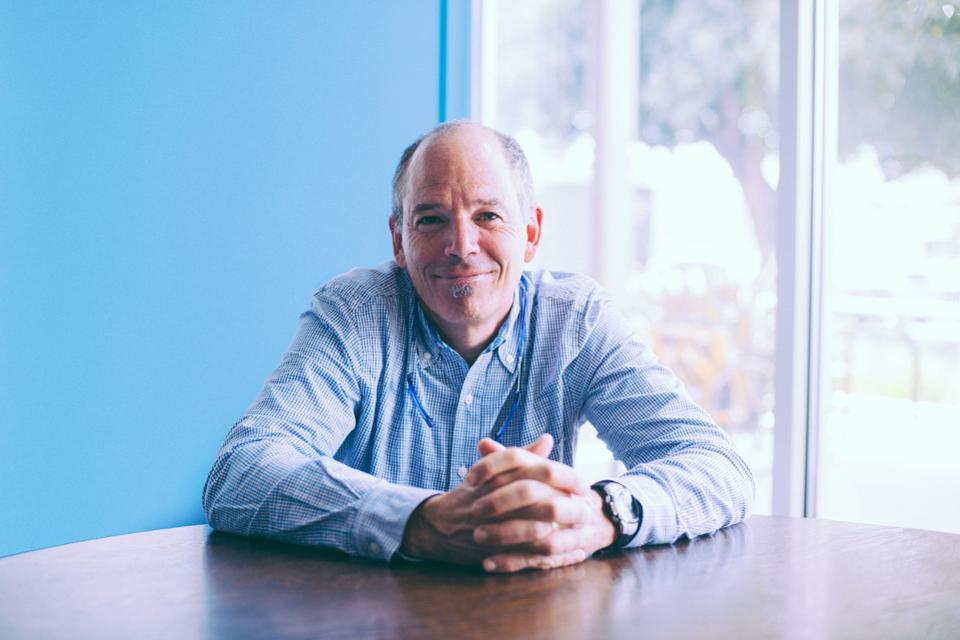








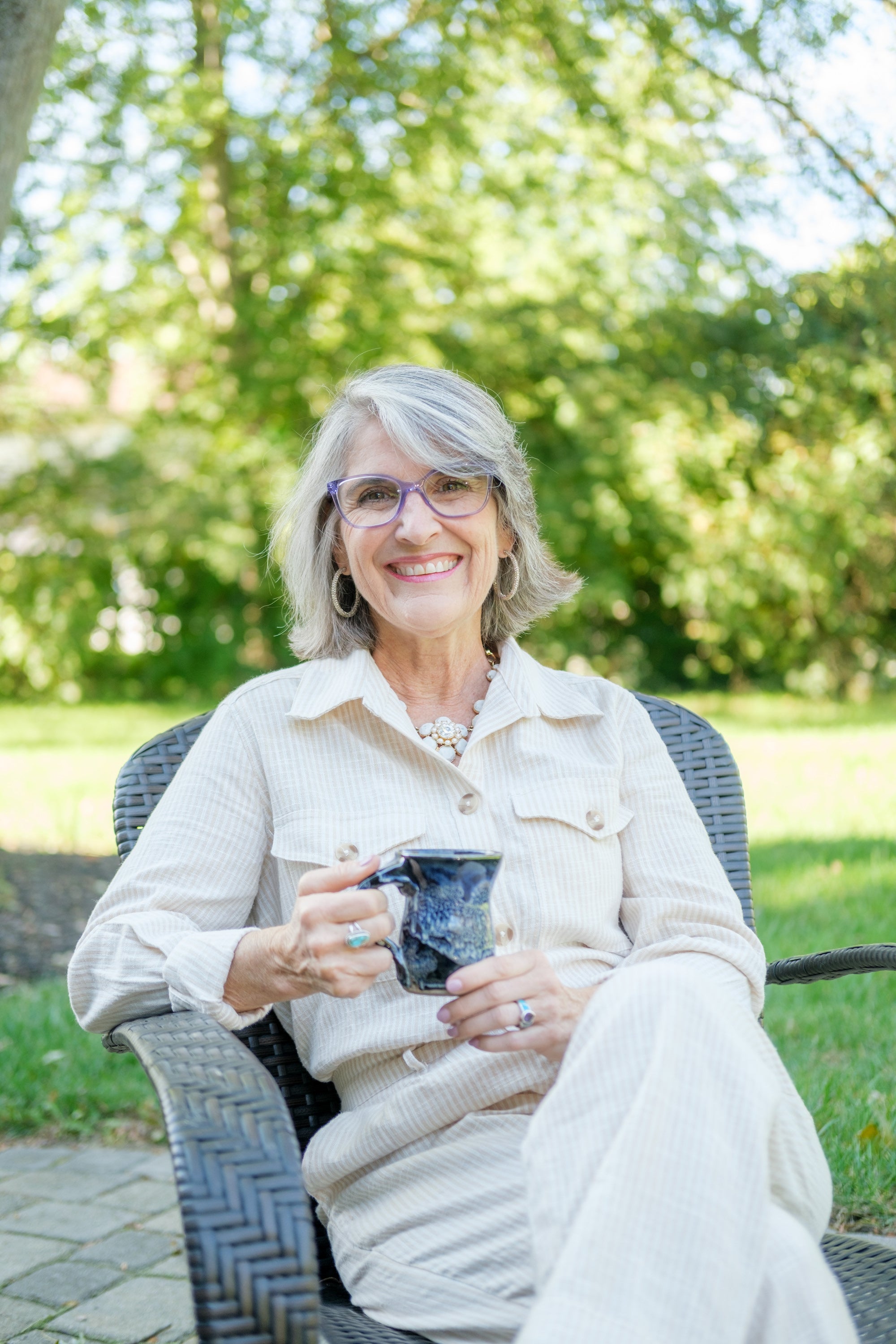
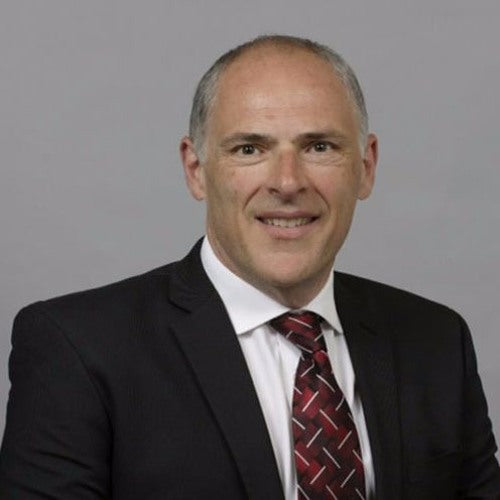
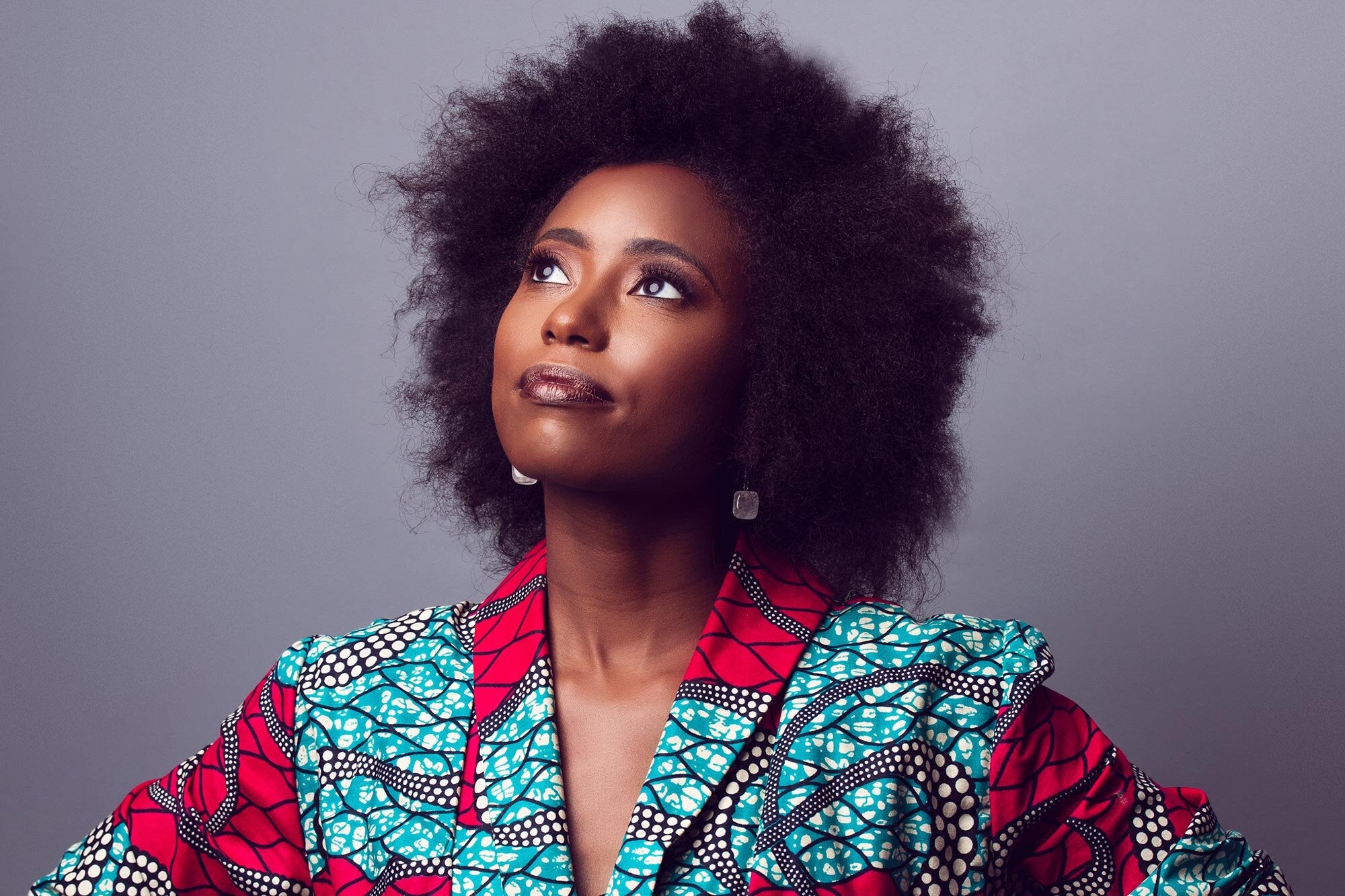
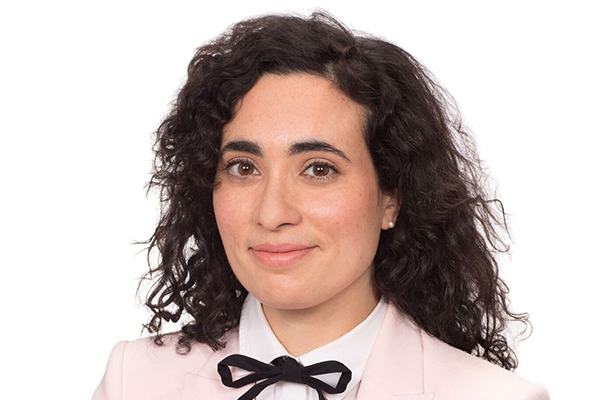
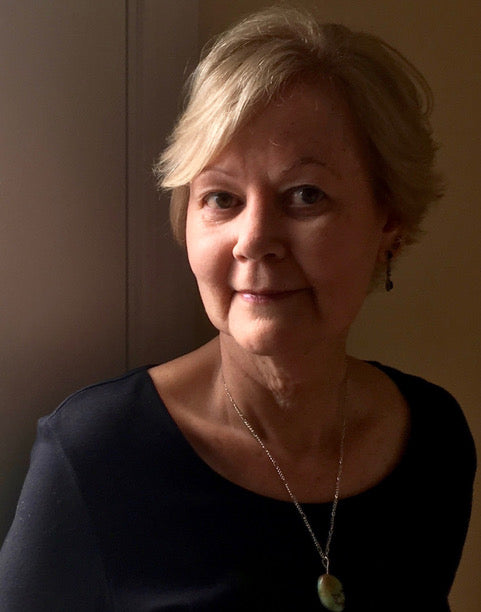
2 comments
With respect !!!
Great interview…made me want to check the book out.